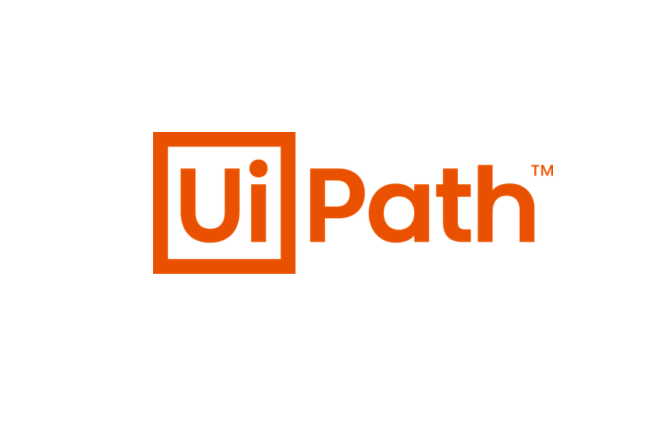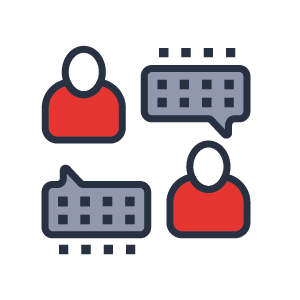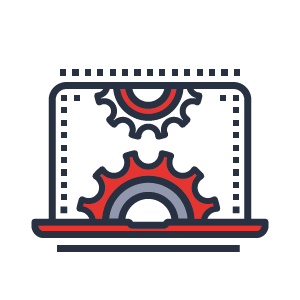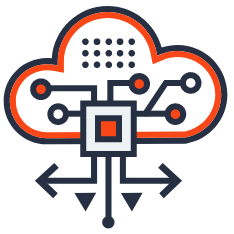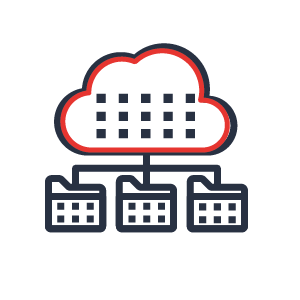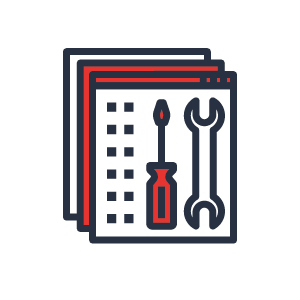There are so many technology terms floating around today, it can be easy to confuse them and yourself! We have put together this guide to help you understand what process mining, robotic process automation (RPA), artificial intelligence (AI) and machine learning, and chatbots can do for your business.
The questions we have answered below are common ones we often hear from clients. If you can’t find the FAQ or info you are looking for here, please do get in touch and let us know how we can assist.
#1 What is process mining?
Be wary of rushing into automation without looking at your processes first. Process mining technology can help you take a more data-driven, strategic approach by giving you clarity on your ‘as is’ processes. Unless you know exactly how processes are being performed in your organisation, you may struggle to identify:
- Where processes are working and where they are not
- Which problems require urgent attention
- Which types of technologies are best suited to solving these issues
#2 How does process mining technology work?
Rather than taking a laborious, costly manual approach to process documentation and mapping, you can use process mining technology to easily capture information on your processes from the software systems you work with every day. Using data mining capabilities, process mining technology inspects system and event logs, and then documents your ‘as is’ processes. Most of the hard work is managed automatically.
You can:
- Map out the steps, systems and people involved in a specific process
- Analyse process data to identify trends and patterns (like bottlenecks and inconsistencies)
- Collect feedback from key stakeholders on process pain points and ideas for improvement
- Create a shared understanding of how the ‘to be’ process should run
This way, it’s easier for your organisation to agree on what needs to be improved, and which processes to prioritise for automation.
#3 What is RPA?
Robotic Process Automation (RPA) is a software solution that allows you to build software robots. These ‘bots’ can be used to automate the routine, easily repeatable tasks that usually drain hours and hours of your time. Some examples include transferring data from system to system, putting together reports from multiple sources, processing standard transactions, and carrying out routine analyses like price comparisons.
#4 How does RPA work?
RPA software robots use the same software programmes and user interfaces that humans do – from working on Excel to surfing the web. They even mimic the same mouse clicks and keystrokes, but with far greater accuracy, at robotic speed. Because robots never need to take a break, they get more work done, in less time – helping you send out emails, process invoices and more while you’re in meetings, focusing on more complex projects, or even overnight as you sleep!
#5 What is AI?
Artificial intelligence (AI) is a vast field of computing, with many applications. Some of the AI capabilities that are currently available to your organisation include:
- Machine learning: where systems learn from data to improve on tasks
- Natural language processing: which allows technology (like chatbot solutions) to decipher the meaning of written or spoken language
- Computer vision: which allows technology to decipher unstructured visual content, including photos and videos
#6 Is AI the same as machine learning?
Machine learning is a sub-set (or category) of AI that focuses on enabling computers to discover patterns and relationships in data instead of being manually programmed to come to these conclusions. Machine learning is already being used in many of the technologies we interact with every day, driving solutions like Siri and Alexa, or Netflix recommendations.
#7 What value can AI offer in a business context – right now?
AI capabilities can be used to augment human abilities, helping people to be more productive and complete work faster, with greater confidence.
As AI works to mimic human abilities (like understanding natural speech and making decisions based on data), AI can help to automate more complex processes that could previously only be managed by humans. One common use case is understanding unstructured data from documents, images, videos, audio files and emails. This can help with invoice extraction, transcribing speech to text, and deciding the next step in an automated workflow – to name but a few of many examples.
#8 How can I use AI automation in my business?
Artificial Intelligence (AI) looks for patterns in high volumes of data without explicitly being told what to look for. This means that you can use machine learning to analyse and organise all types of business content, and extract relevant information from any type of file, in any type of format – invoices, emails, PDFs, photos, scans, social media content and more. It can also support decision making, to help you save time and increase confidence.
#9 What is the difference between RPA and AI?
RPA works best when it’s used to handle rule-based processes where the workflows don’t change over time, involve unstructured or semi-structured content, or require a high rate of human intervention for exemption-handling.
AI can be brought in to augment the capabilities of an RPA software robot, helping it to handle more complex processes that don’t follow the exact same steps or produce the same outcomes every time.
#10 What are chatbots, exactly?
Chatbots are AI-powered software solutions that can interact with humans (and RPA software robots) using spoken language, text-based communication or a combination of both. Chatbots can be given different AI capabilities, including natural language processing, machine learning and computer vision. This makes it possible for chatbots to help customers and employees with a range of tasks, learning from experience to improve their performance over time.
#11 How can chatbots benefit my business?
Well-designed chatbots can add great value in situations where they can work alongside humans to serve customers faster and better. They can, for example, be programmed to hand routine requests and bring humans into the loop when the situation requires more complex input. This saves time, allows people to focus on higher value work, and ensures customers are served more efficiently.
#12 Is there value in combining these technologies?
Almost any business today manages a combination of simple and complex processes, and would therefore benefit from a range of complementary technologies that work together to transform how work is done.
Combining process mining, AI, RPA, chatbots and other technologies in a strategic way can unleash the full potential of process automation in your business. You can, for example, give your RPA robots AI skills that help them process unstructured data like invoices and emails, recognise speech, or apply machine learning models and NLP.
This way, you can automate more work and take more complex tasks off your people’s hands.
#13 How can my organisation gain maximum ROI from these technologies?
As experts in digital transformation with diverse technology expertise, Velocity IT is well positioned to help your organisation identify and prioritise opportunities for automation and optimisation, and choose and implement the most suitable technology strategy.
As a vendor agnostic process automation consultancy, we are not tied to any specific platforms and can help you select the perfect technology for your needs. Using our skills and experience in using a range of process mining, AI, RPA and chatbot technologies – we can help you get set up for success and deliver business outcomes at speed.

